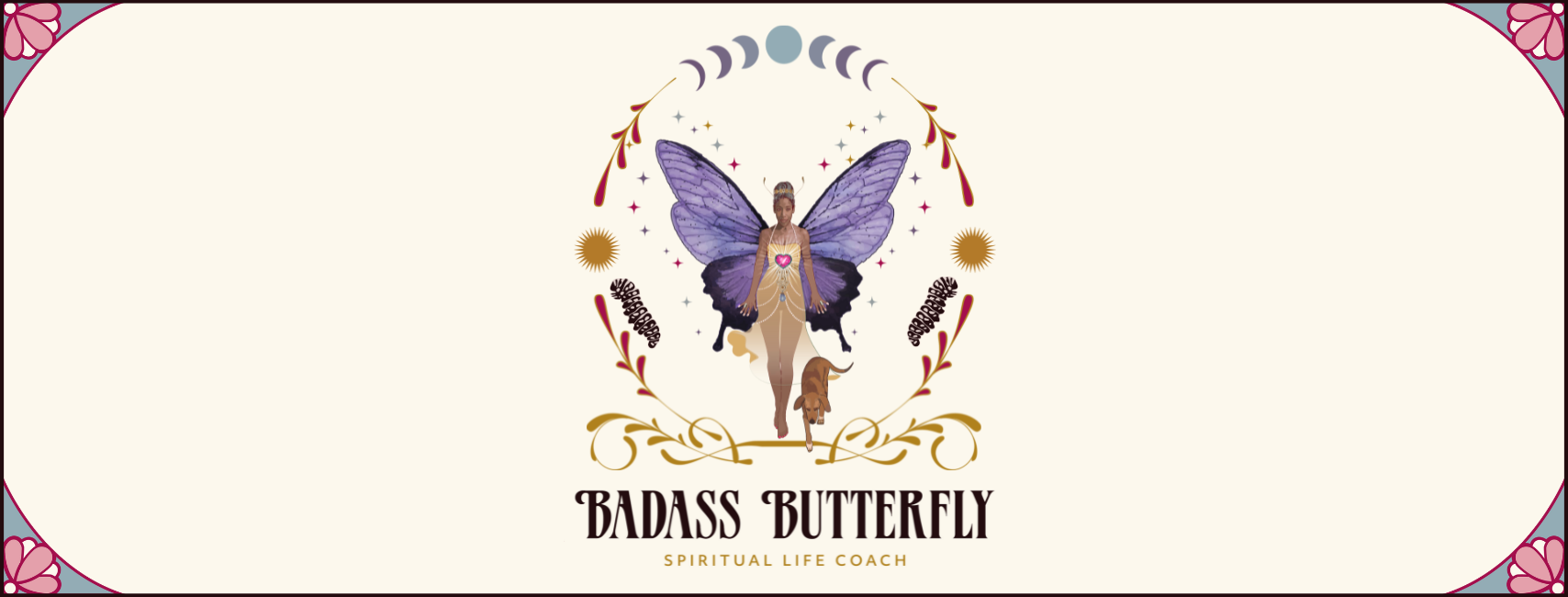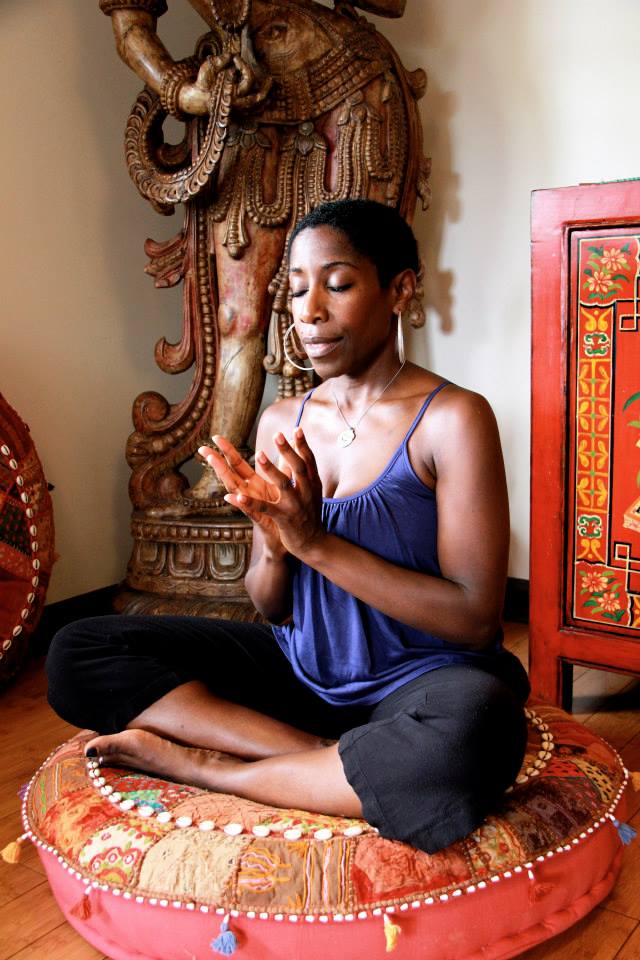
One of the patterns I see again and again in women who are drawn to life coaching is that they already know they’re meant to do this work. They aren’t searching for purpose. They’ve found it. The real challenge isn’t about whether they’re meant to coach — it’s about whether they’re able to let themselves become the coach.
What gets in the way isn’t usually fear of failure or lack of clarity. It’s identity. More specifically, it’s the identity that has been built over years of being the go-to person for everyone else’s needs.
Many of these women are mothers, partners, leaders, caretakers, professionals. They’re successful, deeply committed, and often overextended. They are the ones holding things together in their households, their workplaces, their families, and their communities. And they’ve built a sense of pride — and safety — around being the one who handles it all.
So when the desire to coach starts to emerge, it doesn’t land in an open, spacious place. It lands in a tightly packed life with very little margin. Coaching, as a calling, doesn’t ask for just a few hours a week. It asks for presence, commitment, and a reorganization of priorities. That’s where the tension lives.
Many of the women I work with struggle to give themselves permission to prioritize something that is just for them. Coaching doesn’t serve their boss, or their partner, or their kids — not directly. It serves their Soul. And for someone who has built her identity around service to others, that can feel indulgent, even selfish. Of course, it isn’t. But identity runs deep, and shifting it takes intention.
This isn’t about abandoning the roles she currently holds. It’s about expanding the way she sees herself. When she makes space for her Soul’s purpose — when she begins to structure her life around the work she’s truly meant to do — she becomes more of who she already is, not less.
But the longer she puts it off, the more resentment, confusion, and restlessness can build. That’s why I focus so much on readiness. Not just logistical readiness, but psychological and emotional readiness. Is she willing to put her purpose on the calendar? Is she willing to reassign some of her energy? Is she willing to be more than the rock for everyone else — and start building something that’s hers?
Coaching isn’t just a new career path. It’s a new relationship with her time, her energy, and her voice. And making that shift is often the beginning of a deeper transformation — one that benefits her, her family, and everyone she’s meant to serve.





 Hi there! My name is Crystal Lynn Bell and I am a Spiritual Empowerment Coach. I'm currently living in Paris, doing my coaching, writing my book, and studying French language and culture at the Sorbonne. I love Paris and I'm excited to be hosting a retreat here this winter called
Hi there! My name is Crystal Lynn Bell and I am a Spiritual Empowerment Coach. I'm currently living in Paris, doing my coaching, writing my book, and studying French language and culture at the Sorbonne. I love Paris and I'm excited to be hosting a retreat here this winter called 


